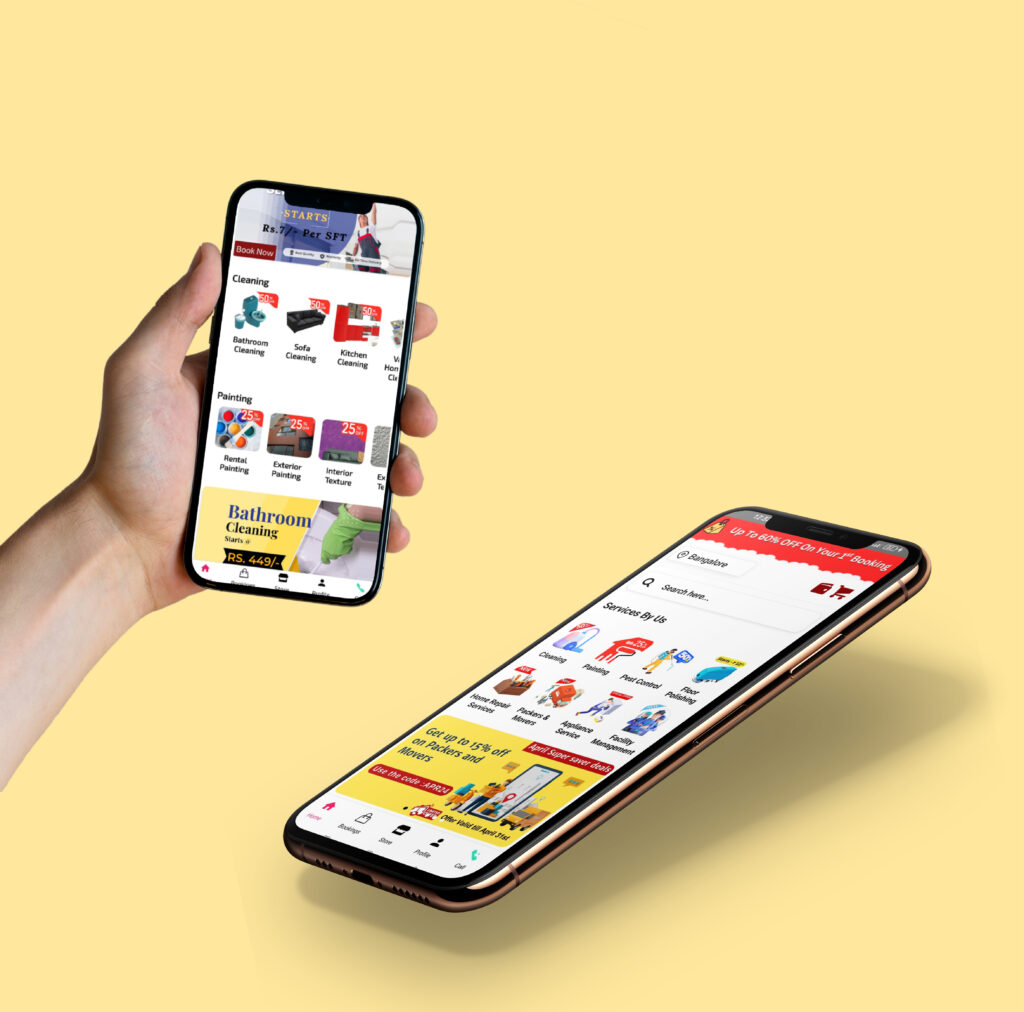Best Website Development Company in Bangalore
Related Blogs

Follow Us
Why Mobile App is Important for Your Business in 2024

Table of Contents
Why Mobile App is Important for Your Business
1. Increase Your Customer Engagement
2. Personalized User Experience
3. Direct Marketing Channel
4. Improved Customer Support
5. Data Collection and Analysis
6. Enhanced Accessibility
Key Highlights of Mobile App Usage
- Over 300 billion apps are expected to be downloaded globally in 2024.
- Nearly 6.4 billion people are anticipated to use mobile apps, accounting for around 80% of the world's population.
- Users are spending approximately 4.5 hours per day on mobile apps, with social media and entertainment apps leading in usage.
- The global mobile app market is expected to grow at a CAGR of over 15%, driven by advancements in technology and increasing app usage.
A Step by Step Guide to Develop an Mobile Application
1. Define Your Idea
2. Market Research
3. Create a Roadmap or Detailed Outline
4. Design the App (UI/UX)
5. Select Technology and Tools
6. Develop the App
7. Test the App and Refine
8. Launch Your App
9. Monitor Performance
10. Promote Your App
Conclusion
Mobile apps have revolutionized the way businesses interact with customers, providing unmatched accessibility, engagement and growth opportunities. By following the right development steps and understanding the growing significance of mobile app usage, you can ensure your app stands out in the competitive market. From concept to launch, a well-crafted app can be a game-changer for your business, helping you stay ahead connected with your audience or customers.
Contact Us
Related Blogs

Follow Us
Why Mobile App is Important for Your Business in 2024

Table of Contents
Why Mobile App is Important for Your Business
1. Increase Your Customer Engagement
2. Personalized User Experience
3. Direct Marketing Channel
4. Improved Customer Support
5. Data Collection and Analysis
6. Enhanced Accessibility
Key Highlights of Mobile App Usage
- Over 300 billion apps are expected to be downloaded globally in 2024.
- Nearly 6.4 billion people are anticipated to use mobile apps, accounting for around 80% of the world's population.
- Users are spending approximately 4.5 hours per day on mobile apps, with social media and entertainment apps leading in usage.
- The global mobile app market is expected to grow at a CAGR of over 15%, driven by advancements in technology and increasing app usage.
A Step by Step Guide to Develop an Mobile Application
1. Define Your Idea
2. Market Research
3. Create a Roadmap or Detailed Outline
4. Design the App (UI/UX)
5. Select Technology and Tools
6. Develop the App
7. Test the App and Refine
8. Launch Your App
9. Monitor Performance
10. Promote Your App
Conclusion
Mobile apps have revolutionized the way businesses interact with customers, providing unmatched accessibility, engagement and growth opportunities. By following the right development steps and understanding the growing significance of mobile app usage, you can ensure your app stands out in the competitive market. From concept to launch, a well-crafted app can be a game-changer for your business, helping you stay ahead connected with your audience or customers.
Contact Us

Frequently Asked Questions
Best Website Development Company in Bangalore is proudly powered by WordPress







